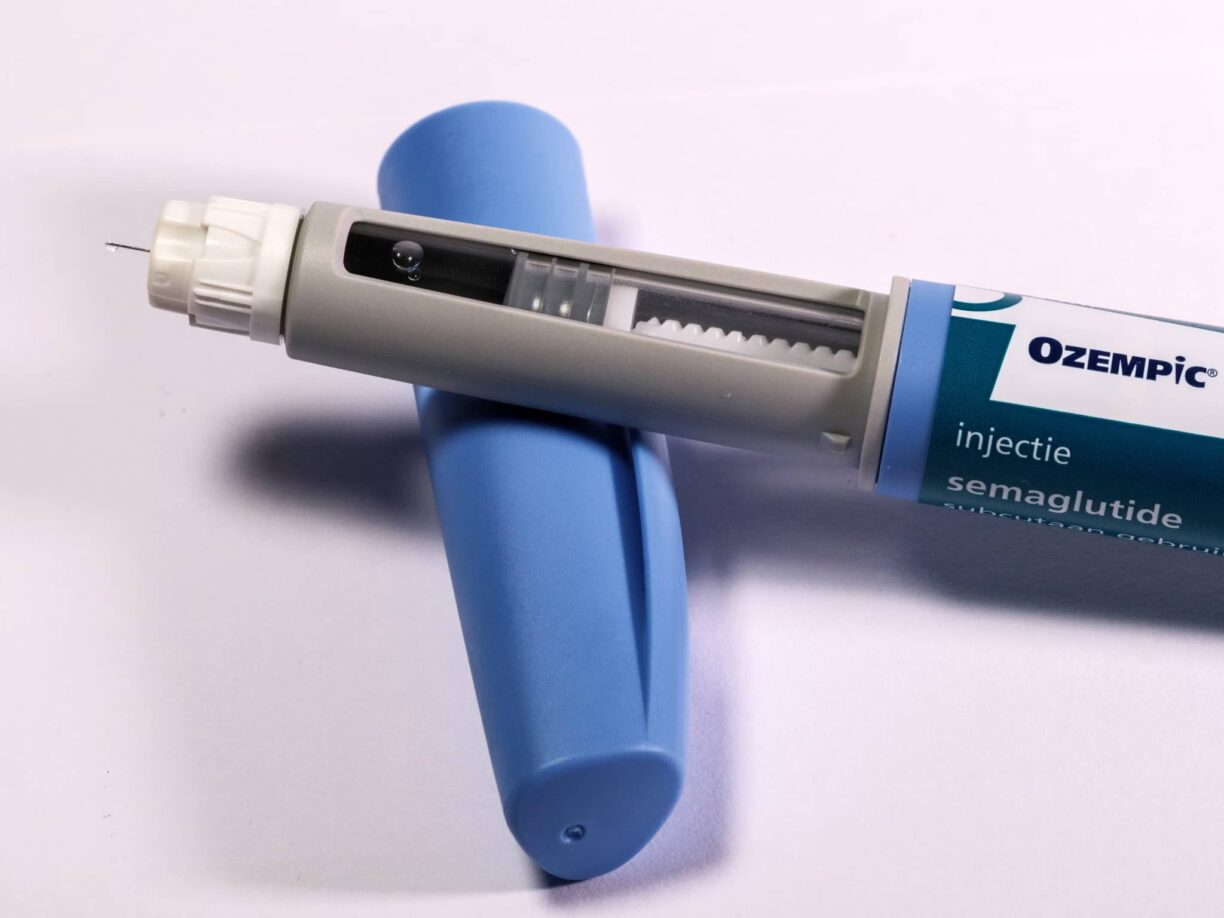If you’ve been feeling a bit off your game lately, Omega 3 deficiency could be the culprit—and you might not even know it. These special fatty acids are a vital ingredient for brain function, heart health, and more radiant skin.
The big question is: what actually happens when your body’s running low, and how can you fill the gap without turning your life upside down?
What Exactly Are Omega 3s and Why Do You Need Them?

Omega-3 fatty acids are polyunsaturated fats that your body simply can’t make on its own, so they have to come from your diet.
Here’s a quick rundown on the three main types:
- ALA (Alpha-linolenic acid): Found in plant-based foods like flaxseeds and walnuts.
- EPA (Eicosapentaenoic acid): Primarily found in fatty fish.
- DHA (Docosahexaenoic acid): Essential for brain development and cognitive function, also found in fish and seafood.
- Without these, you might find that your skin, mood, and even your cognitive sharpness start suffering.
How Does Omega 3 Deficiency Sneak Up on You?
Several factors can leave you short on Omega 3s. Modern eating habits often feature too many Omega 6 fatty acids (courtesy of processed foods), which muscle out the good fats you actually need.
If fish isn’t a regular part of your diet or you’re sticking to a strict plant-based menu without any backup from supplements, you could be missing out on two powerhouse nutrients—EPA and DHA.
And if you’ve got digestive issues like Crohn’s or IBS, your body might not be absorbing Omega 3s as efficiently as it should, leaving you short on these essential fats.
Recognising the Telltale Symptoms
Physical Signs
- Dry, flaky skin and brittle hair: Omega 3s keep skin hydrated and hair looking healthy, so their absence can be a recipe for dryness.
- Joint aches and stiffness: Inflammation can spike when you’re low on Omega 3s, making every movement feel heavier.
- General fatigue: If your energy levels fizzle out faster than usual, it might be a sign you need more of these healthy fats.
Mental and Cognitive Clues
- Mood swings or low spirits: A deficiency in DHA and EPA has been linked to depression and anxiety issues.
- Memory lapses and trouble focusing: Since Omega 3s are integral to brain function, a shortage can leave your mind feeling cloudy.
- Restless nights: Dwindling Omega 3 levels may make it harder to drift off or stay asleep.
Potential Long-Term Risks
Letting your Omega 3 deficiency symptoms linger can set off a chain reaction of health concerns:
- Heart trouble: Omega 3s help manage cholesterol and blood pressure, so skipping them could raise your risk of heart disease and stroke.
- Cognitive decline: Without sufficient DHA, you might be rolling out the welcome mat for memory issues down the line.
- Chronic inflammation: These fats help your body keep inflammation in check, so deficiency can fan the flames of conditions like arthritis and eczema.
Stocking Up on Omega 3s the Natural Way
The good news is that boosting your Omega 3s can be as simple as switching up what’s on your plate.
- Fatty Fish: Salmon, mackerel, sardines, and tuna deliver EPA and DHA straight to the source.
- Plant-Based Picks: Flaxseeds, chia seeds, walnuts, and hemp seeds are all top-notch sources of ALA.
- Fortified Foods: Look for everyday items—like eggs, milk, or bread—that come enriched with Omega 3s.
Sneaking Omega 3s Into Your Daily Routine
- Morning Smoothies: Toss in a scoop of ground flaxseeds or chia seeds.
- Salads with a Twist: Sprinkle walnuts over your greens for a midday energy boost.
- Fish Dinner: Aim for a salmon dish twice a week. Bake it, grill it—whatever suits your fancy.
- Top It Off: A handful of hemp seeds on yoghurt can liven up your snack time.
When Supplements Might Make Sense
If dietary tweaks aren’t moving the needle, high-quality supplements could lend a hand. They’re a convenient way to guarantee you hit your daily quota—especially if fish or other sources aren’t part of your regular menu.
Just be mindful: too much can lead to side effects like nausea or, in some cases, issues with blood thinning. Always check labels and maybe chat with a healthcare provider if you’re unsure.
Little Lifestyle Tweaks That Help
Making some supportive changes can magnify the benefits of any Omega 3 you’re taking in:
- Cut back on Omega 6: Processed foods laden with Omega 6 can overshadow the good stuff, so reducing them makes a noticeable difference.
- Stay active: Exercise ramps up circulation, helping nutrients get to where they need to go.
- Stress less: Chronic stress messes with nutrient absorption, so activities like yoga or mindful breathing can do wonders.
- Stick to regular mealtimes: Consistent eating patterns help your body absorb healthy fats more effectively.
Building a Better, Balanced You
Omega 3s are cornerstones of a well-rounded, vibrant life—powering your brain, supporting your heart, and giving your complexion that extra glow.
Whether you’re adding an extra helping of salmon to your dinner or sprinkling flaxseeds into your breakfast, boosting your Omega 3 intake isn’t nearly as hard as it seems.
Keep it simple, keep it steady, and let these essential fats do the rest. You’ll likely notice the difference in how you feel, think, and even move—so why wait?
Start giving your body the healthy boost it needs today.





